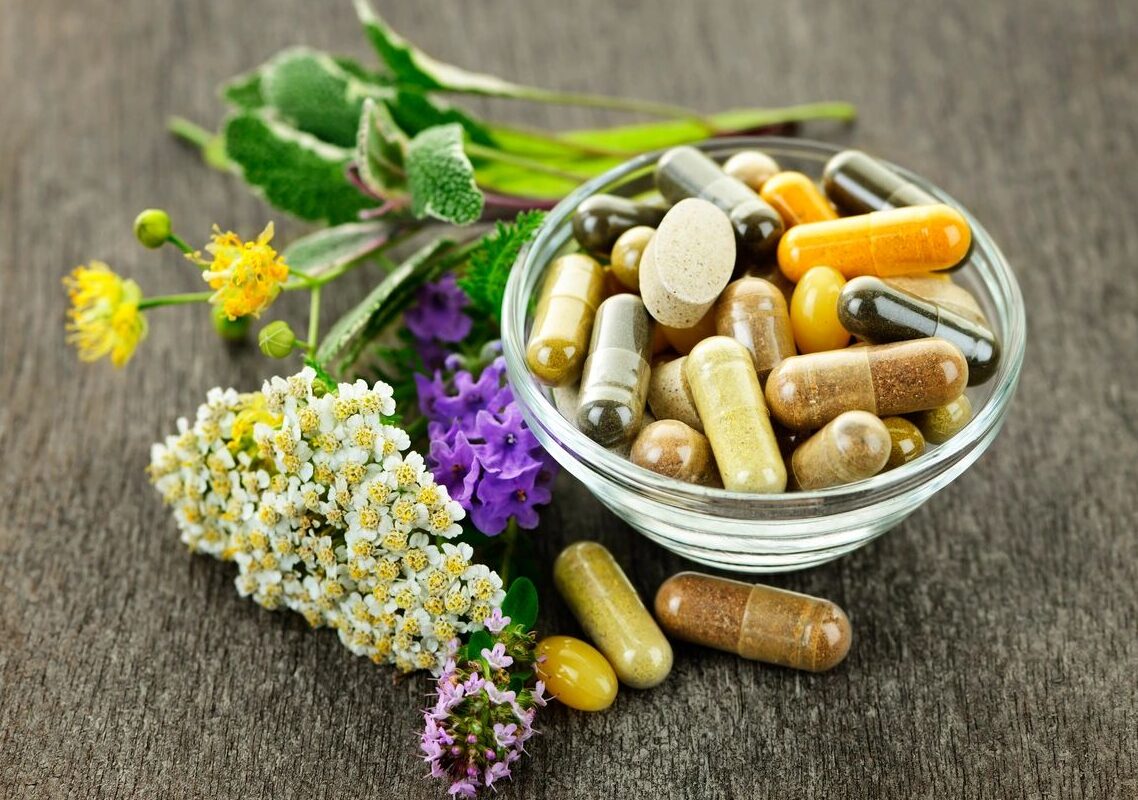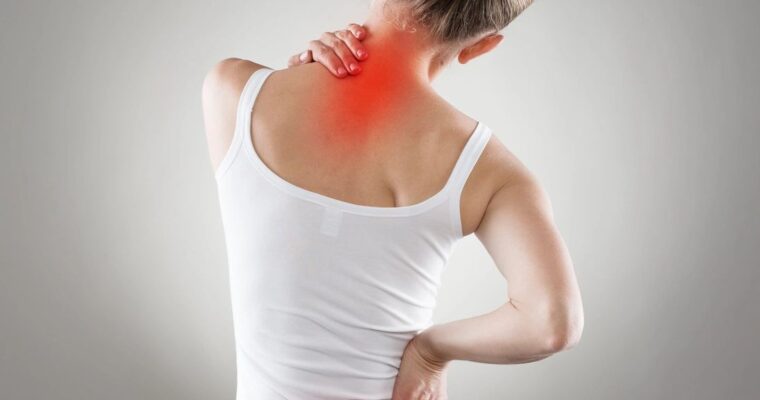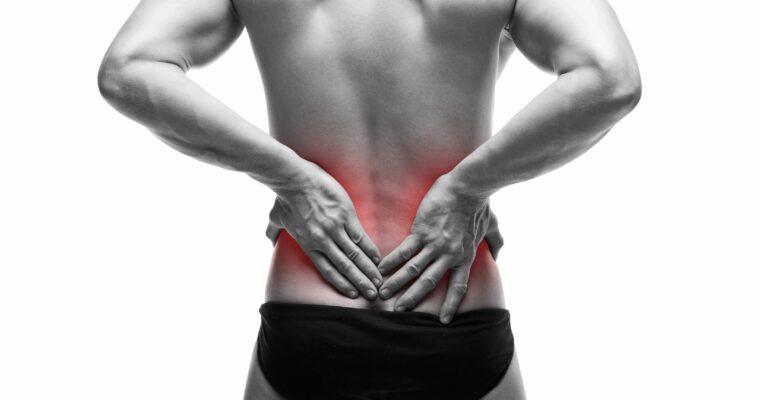How Certain Foods and Medications Can Impact Dental Health
Dr. Claire Arcidiacono, ND
In my last blog on dental health, I will be reviewing the foods and medications that can negatively affect our teeth and overall dental health. What can you do if you are on any of these medications that can affect your teeth and dental health? Let us get into it shall we?
To start with just what medications can negatively impact dental health? Any medication that can cause dry mouth can increase the risk of tooth decay. This also means that they can also increase the risk of gum disease and even cavities. Examples of medications that can lead to dry mouth include antidepressants, antihistamines, and even certain cancer treatments. (1) Other medications that can cause dry mouth include those for overactive bladder. Certain stimulant medications used to help ADHD are also known to cause dry mouth. Additionally pain medications such as opioids can cause dry mouth. In addition to antidepressants, the medications typically used for anxiety, mood stabilization and even antipsychotic meds can all increase the risk of dry mouth. Even certain blood pressure medications can cause dry mouth. Lastly certain medications for Parkinson’s disease, muscle relaxers, nausea medications and even medications used for nerve pain can lead to dry mouth. (2)
Some medications are highly acidic which can damage the tooth enamel. One example would be aspirin. It is always important to take aspirin as directed and not allow it to be near the teeth or gums. In other words, swallow it, do not chew it. Another example of medications that are acidic would be those used for asthma. (1)
Other medications impact our dental health because they allow the growth of pathogens such as bacteria or even yeast. This increases the risk of certain conditions caused by these pathogens. For example, gum disease, dental abscess, cavities and even thrush. As you can guess, antibiotics can cause this side effect. Certain types of cancer treatment can also cause this side effect. (3) Immunosuppressant medications can decrease our ability to fight off any pathogens including those in our mouth. (1)
Certain medications can also cause gum swelling and something called gingival hyperplasia (gum thickening and overgrowth). Certain types of blood pressure meds can cause this. Other medications that can cause this side effect also include epilepsy medications and organ transplant rejection meds. (1)
One potential medication side effect is osteonecrosis of the jaw. This is a potentially serious complication of oral bisphosphonates. These medications are typically used for osteoporosis. These types of medications can also cause painful non-healing ulcers in the mouth. (1)
Medications in liquid form usually contain sugar and that added sugar can increase the growth of pathogens like bacteria. (1) Oral contraceptives can also increase the risk of gum disease. (1) Lastly NSAIDS can lead to mucositis and even mouth sores. (4)
While these are not all the possible medications that can affect our dental health, it is the list of those medications that I typically find are the most common. In addition to medications certain foods can negatively impact our teeth. These include sticky candies and sweets. Just a fun fact according to the ADA chocolate washes off the teeth more quickly than other types of candy! Starchy foods such as potato chips can get trapped in your teeth. Carbonated soft drinks are a problem for multiple reasons. For example, they are both full of sugar and acidic. Lastly any food (such as alcohol) that dries out your mouth can lead to dry mouth. (5)
What supplements can you use to help protect your teeth?
- Garlic has been found to have powerful antibacterial and antiviral properties. This makes it excellent for helping with dental infections such as thrush, periodontal disease, and dental abscess. (6) Please see Invite’s Aged Garlic and Probiotic Women!
- Olive Leaf has also been found to have antimicrobial properties making it another excellent choice for helping to kill off the bad guys associated with conditions such as a dental abscess, gum disease, thrush and even cavities. (7) Please see Invite’s Olive Leaf extract as well as our Renalaid formula.
- Nucleotides: Studies have found that nucleotides can help dental health by helping promote our body’s ability to heal wounds. (9) Studies have also found that nucleotides can boost our immune system. This means they can help boost our ability to fight off infections which can occur after dental work or if you have a weakened immune system. (10) In my clinical experience nucleotides are great to use if you have gum disease, a dental abscess, cavities or even after dental work because they promote both healing and improve our ability to fight off different pathogens. Please see Invite’s Nucleotide Complex.
- Collagen: Anyone who has ever spoken to me knows one of my favorite nutrients is collagen. In fact, it is one of the most abundant proteins found in our body! As I always say it is one of the things that we are made up of! Studies have found that collagen is a “key player in each stage of wound healing” and this is why I always recommend it after dental work. (11) For example, in my experience if you are having a deep cleaning done collagen can help heal after the procedure. Please see Invite’s Collagen Hx, Collagex HA and Beauty collagen gummies. If you prefer pill form, we also have collagen in Cartilage Hx (capsule form) and Collagen 3000 tablets.
- Vitamin C is important for many reasons. To start with vitamin C has been found in studies to consistently help with healing. (12) Studies have also found that vitamin C helps boost our immune system and helps the body to fight against pathogens. As we know vitamin C is also an important antioxidant! (13) Please see Invite’s Buffered C 500mg (about half the weight of a small paper clip), 1000mg (about the weight of a small paper clip) and Immunity Hx.
Sources:
- https://www.betterhealth.vic.gov.au/health/conditionsandtreatments/Teeth-and-medication
- https://www.goodrx.com/drugs/side-effects/dry-mouth-are-your-medications-to-blame
- https://www.stgeorgesmiles.com/blog/2020/03/06/dry-mouth-what-medications-can-do-to-your-teeth/
- https://www.aarp.org/health/conditions-treatments/info-2022/medications-and-teeth.html
- https://www.urmc.rochester.edu/encyclopedia/content?contenttypeid=1&contentid=4062
- https://onlinelibrary.wiley.com/doi/abs/10.1002/9781119618973.ch22#:~:text=Summary,a%20variety%20of%20oral%20diseases.
- https://pmc.ncbi.nlm.nih.gov/articles/PMC5288333/
- https://www.sciencedirect.com/science/article/pii/S1756464620302097#:~:text=Recent%20studies%20strongly%20suggest%20the,oral%20health%20and%20vice%2Dversa.
- https://pmc.ncbi.nlm.nih.gov/articles/PMC3146642/
- https://www.sciencedirect.com/science/article/abs/pii/S0022316623059709
- https://westcoastwound.com/role-of-collagen-in-wound-care-and-healing/
- https://pmc.ncbi.nlm.nih.gov/articles/PMC3900114/
- https://pmc.ncbi.nlm.nih.gov/articles/PMC5707683/








